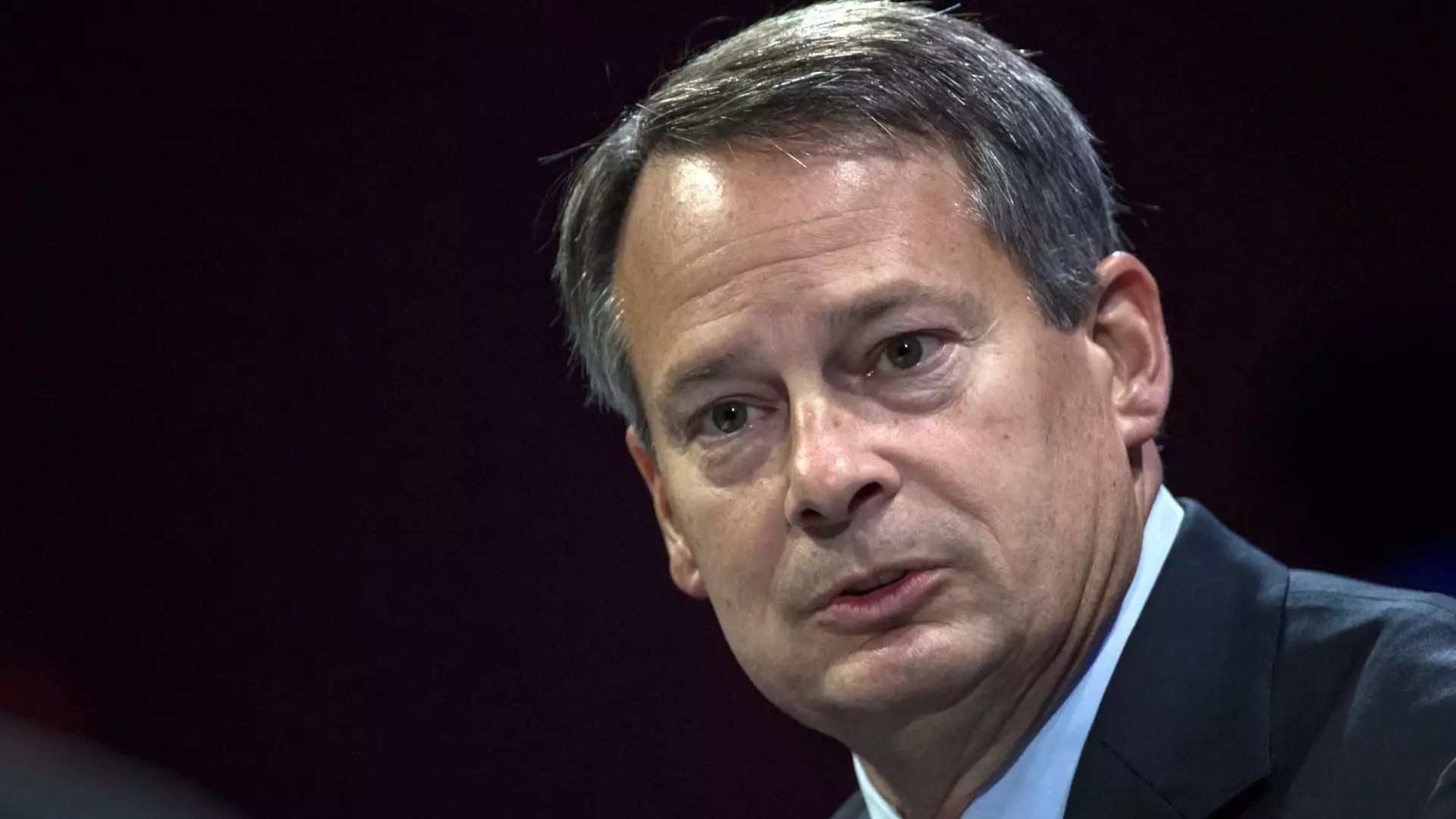Walt Bettinger, the long-standing CEO of Charles Schwab, will retire at the conclusion of December 2023, marking the end of a transformative 16-year tenure. His decision to step down signals not just a personal milestone—his 65th birthday—but also a deliberate strategic pivot for the brokerage firm. As he hands the reins to Rick Wurster, who has been serving as the President, the company aims to ensure a seamless transition that builds upon Bettinger’s legacy. While some may view leadership changes as disruptive, Schwab’s well-structured succession plan serves to mitigate any potential upheaval, reflecting a forward-thinking organizational mindset.
In a recent interview, Wurster asserted that clients can expect a continuation of the company’s current strategic approaches. This emphasis on continuity is vital in a sector as sensitive as financial services, where client trust is paramount. Wurster’s long history of collaboration with Bettinger, exceeding eight years, equips him with the necessary insights to uphold the company’s values and objectives. His assurance that there will be no drastic shifts in policies or client interaction strategies suggests a calculated effort to maintain stability during a leadership transition.
Bettinger’s leadership yielded remarkable growth for Schwab. Since he took over in 2008, the company’s assets have soared from $1.14 trillion to an impressive $9.74 trillion, with brokerage accounts swelling from fewer than 10 million to over 43 million. This impressive performance is partly attributable to the strategic acquisition of TD Ameritrade, which was finalized in 2020. Bettinger praised the successful integration of Ameritrade as one of his key accomplishments, reinforcing the effectiveness of targeted mergers in expanding Schwab’s market footprint. However, this triumphant growth is contrasted by the company’s stock performance, which, although up 150% over Bettinger’s leadership, has faced challenges in the past two years, underperforming relative to the broader market.
As Bettinger transitions to the role of co-chair on the Schwab board, the firm enters a new chapter under Wurster’s leadership. The departure of a prominent CEO often raises questions about future directions; hence Wurster’s emphasis on continuity is essential for investor confidence. Nevertheless, the financial landscape is continually evolving, with new technologies and competitors seeking to claim market share. The challenge lies ahead for Wurster and his team, as they must reconcile the legacy of Bettinger’s robust leadership with the dynamic changes in the financial services industry.
The upcoming leadership change at Charles Schwab serves as a potential blueprint for other companies contemplating similar transitions. Successful leadership in any organization not only requires financial acumen but also a deep understanding of company culture and market dynamics. Bettinger’s journey illustrates how effective succession planning can smooth transitions and maintain growth momentum. As the financial services sector continues to evolve, it remains to be seen how Wurster’s leadership will navigate the complexities of future market demands. Ultimately, the tale of Charles Schwab is one of resilience, adaptation, and strategic foresight, resonating far beyond the brokerage industry.


Leave a Reply